
Key Areas of Mobility For Endurance Athletes
Moving well is the key to consistent training, but what are the key areas of mobility for endurance athletes? We find out in this video interview with strength coach Erin Carson.
It’s often overlooked, and sometimes altogether forgotten. But it never should be. Recovery is just as important to strong performances as your daily workouts and weekly riding volume. That’s because recovery is when adaptation happens. Learn how to master this critical and often overlooked side of the training balance equation.

Moving well is the key to consistent training, but what are the key areas of mobility for endurance athletes? We find out in this video interview with strength coach Erin Carson.

Dry January seems to gain popularity every year. But just what kind of an impact can abstaining from alcohol have on athletic performance? We find out.
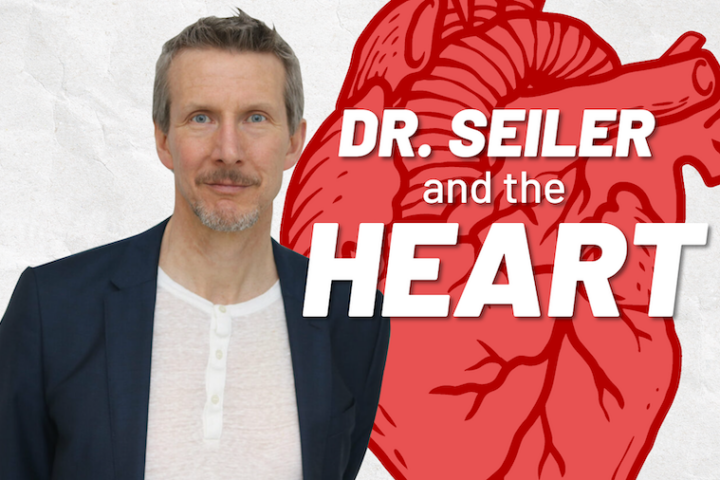
This is our first episode of a limited series recorded with Dr. Stephen Seiler. In this episode, Seiler explains his background as a researcher, and talks about something near and dear to all of us: the heart.
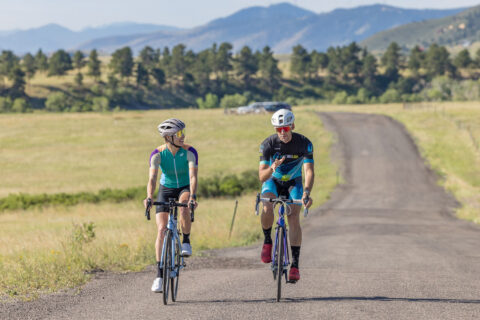
As a coach, helping your athletes achieve their performance potential is an important task, but it’s rarely an easy one. In Module 6 of The Craft of Coaching, Joe Friel, together with several top coaches, share their experience on every aspect of this journey to peak performance.

Dr. Andy Pruitt answers questions about back pain, knee issues with increased training, numbness and pain where we sit, and how much we can still adapt as we age.
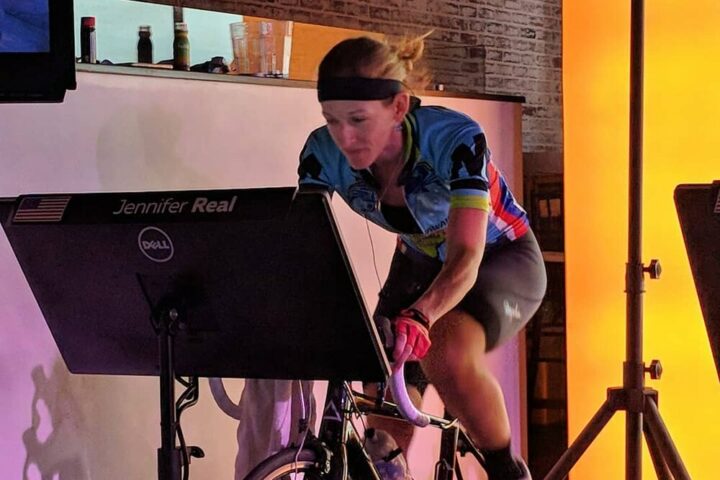
Medical doctor and elite Zwift team manager Jennifer Real talks with us about indoor training and racing, and how to achieve effective recovery including monitoring sleep and taking Vitamin D.
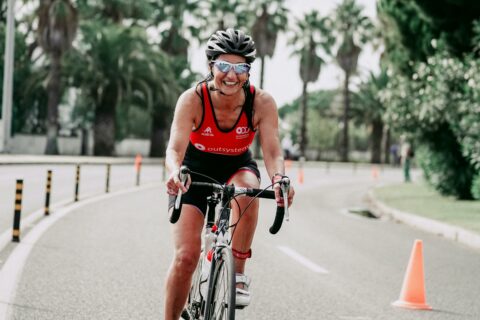
Recovery is at the heart of training adaptation. Without rest the body can’t rebuild and get stronger. This is why recovery is fundamental to how I coach and a focal point for my athletes.
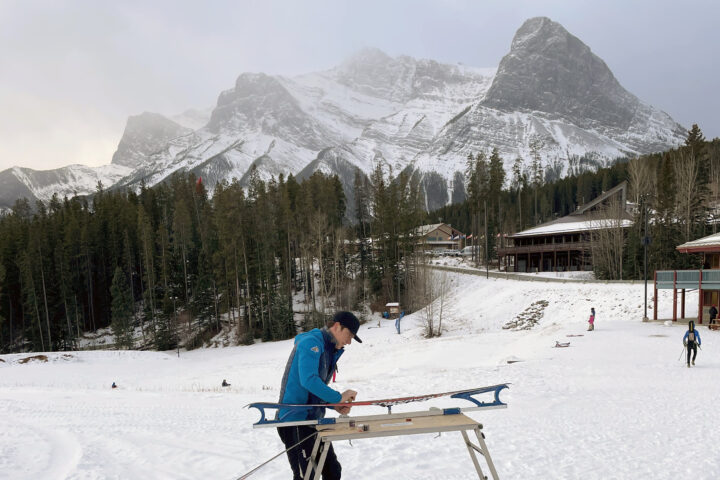
Physiologist and coach Adam St. Pierre helps us explore questions on Nordic ski training, signs of recovery, and mixing various training modalities.

World champion athlete and coach Melanie McQuaid details the numerous factors that impact how much recovery an athlete needs after long endurance events.
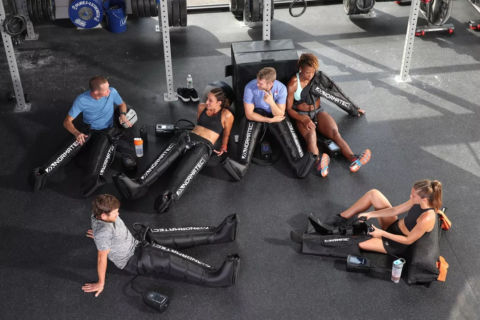
It’s often undervalued, and sometimes altogether ignored; but it shouldn’t be. Recovery from workouts is as important to the training process as the workouts themselves. With the help of Dr. Stephen Seiler, Dr. Shona Halson, Dr. Andy Pruitt, and many others, we examine this critical but often neglected component of exercise physiology.
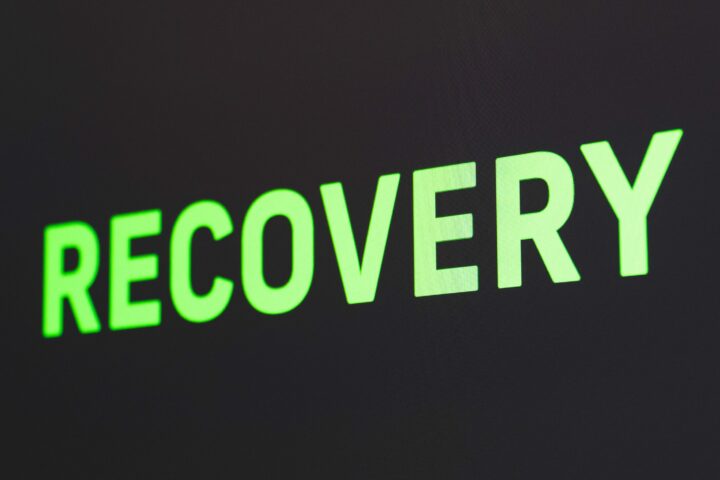
Coach Trevor Connor explains the complex immune system response that leads to recovery, and why it happens in the first place.
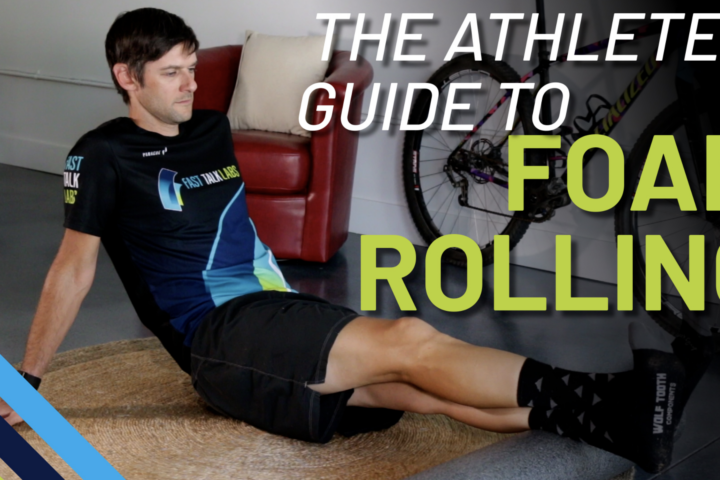
Strength and conditioning expert Menachem Brodie explains why and how you should use foam rolling to improve recovery.

Stage races and other multi-day events offer special challenges, particularly when it comes to recovery. We explore three of the key elements to maintaining good performances day after day.

Long-held beliefs about the benefits of massage are not backed by science. But that doesn’t mean you should stop seeing your favorite therapist. We explain.

We are framing the discussion on endurance training recovery around Paul Chek’s Six Foundational principles: sleeping, breathing, eating, thinking, drinking, and moving.

Many tools and techniques promise recovery benefits. But the science suggests that the fundamentals—sleep and nutrition to fuel the brain—may be the best place to invest.
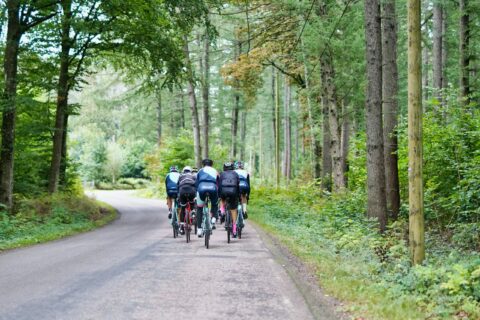
In an age when athletes often focus on the specifics, we address the importance of focusing on the fundamentals: training, recovery, and functioning gear—the things that will bring you the greatest return for your investment of time, sweat, and energy.
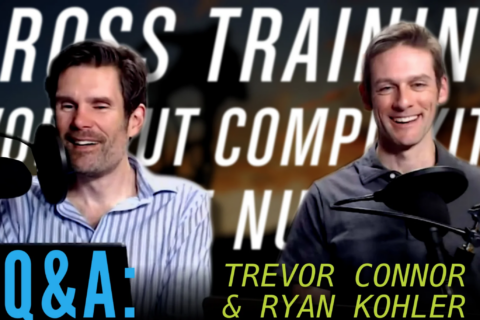
Ryan and Trevor tackle questions on how running can be used in the base season, recovery for time-crunched athletes, the complexity of workouts, pre-race meal planning, and much more.